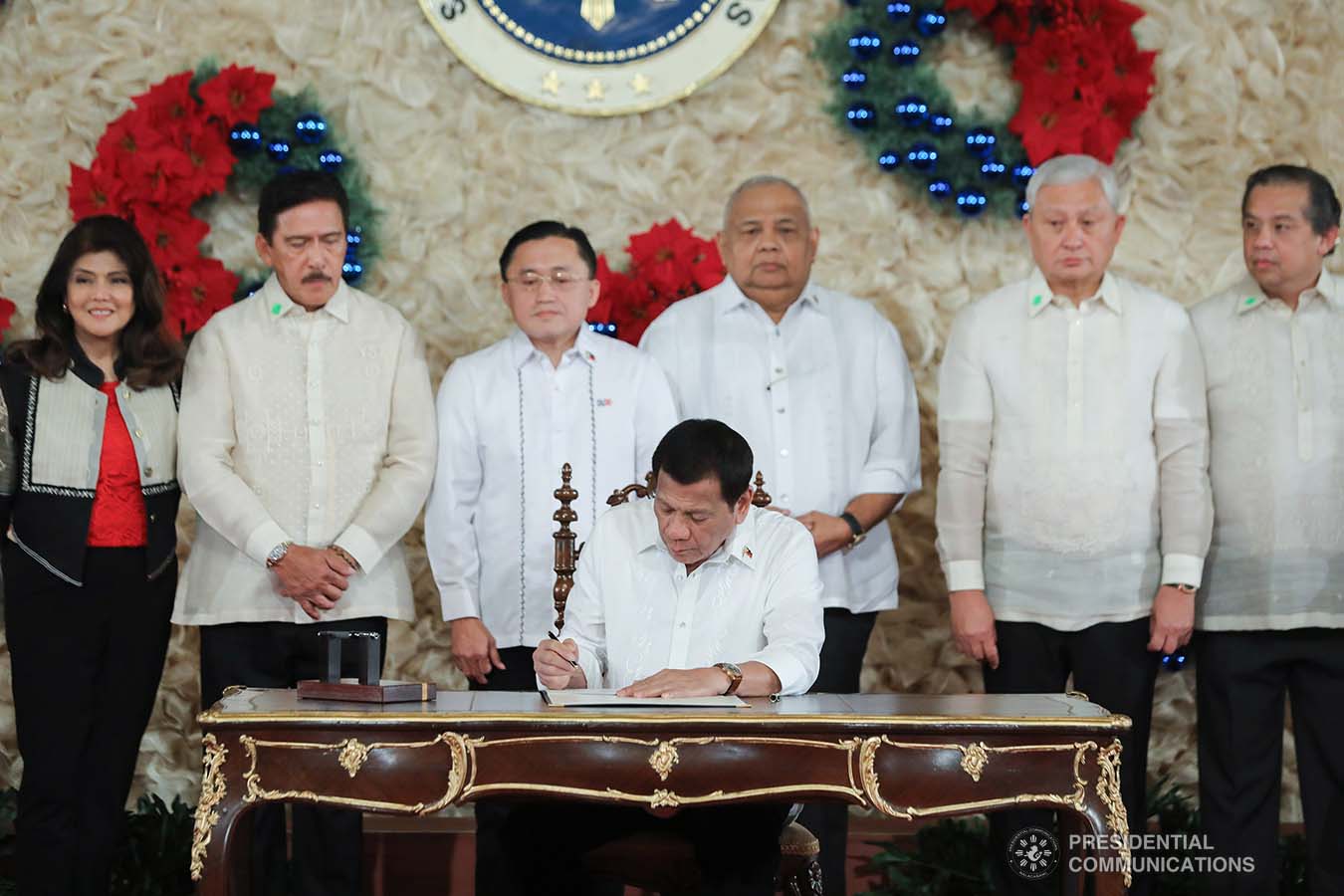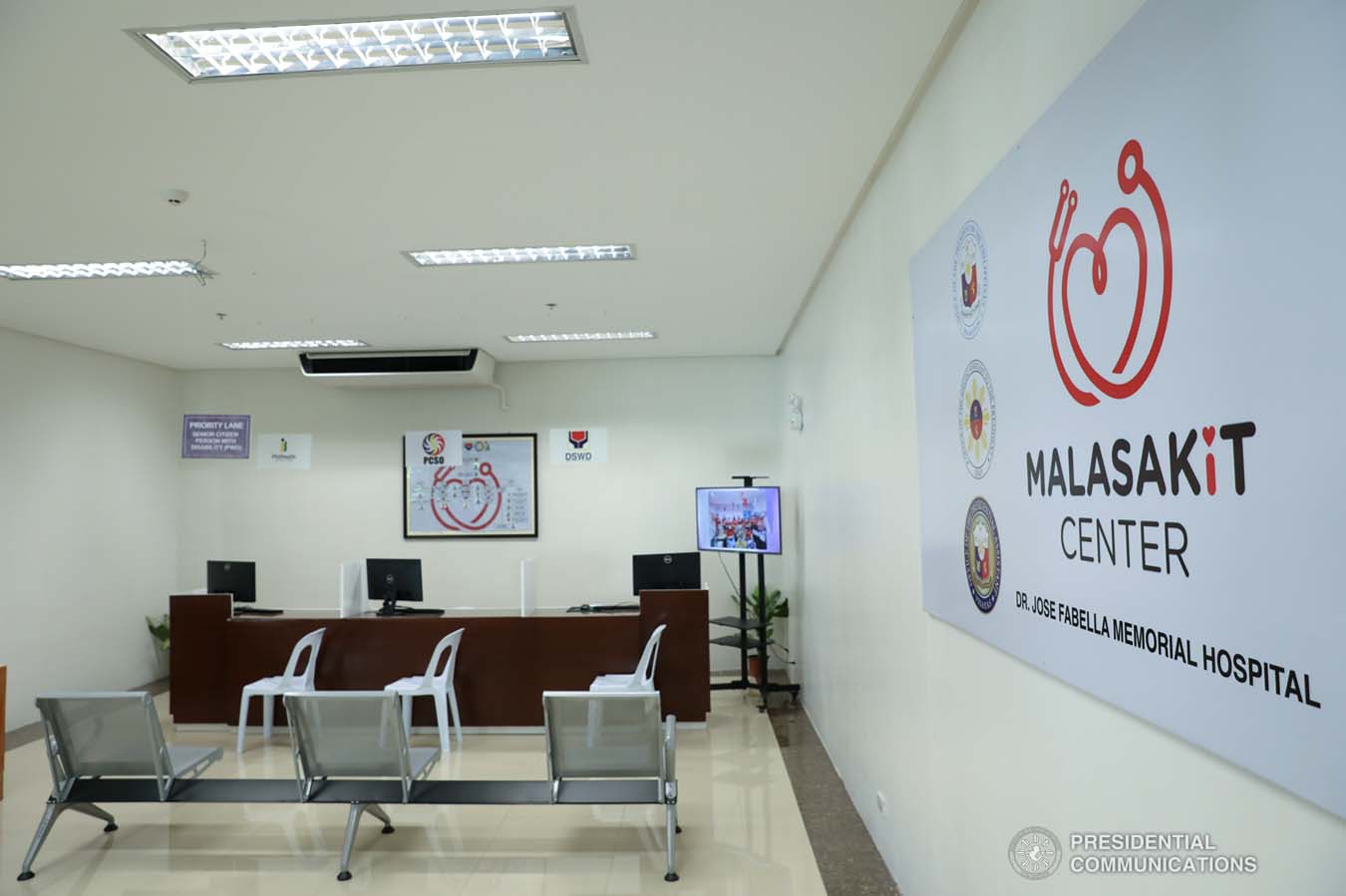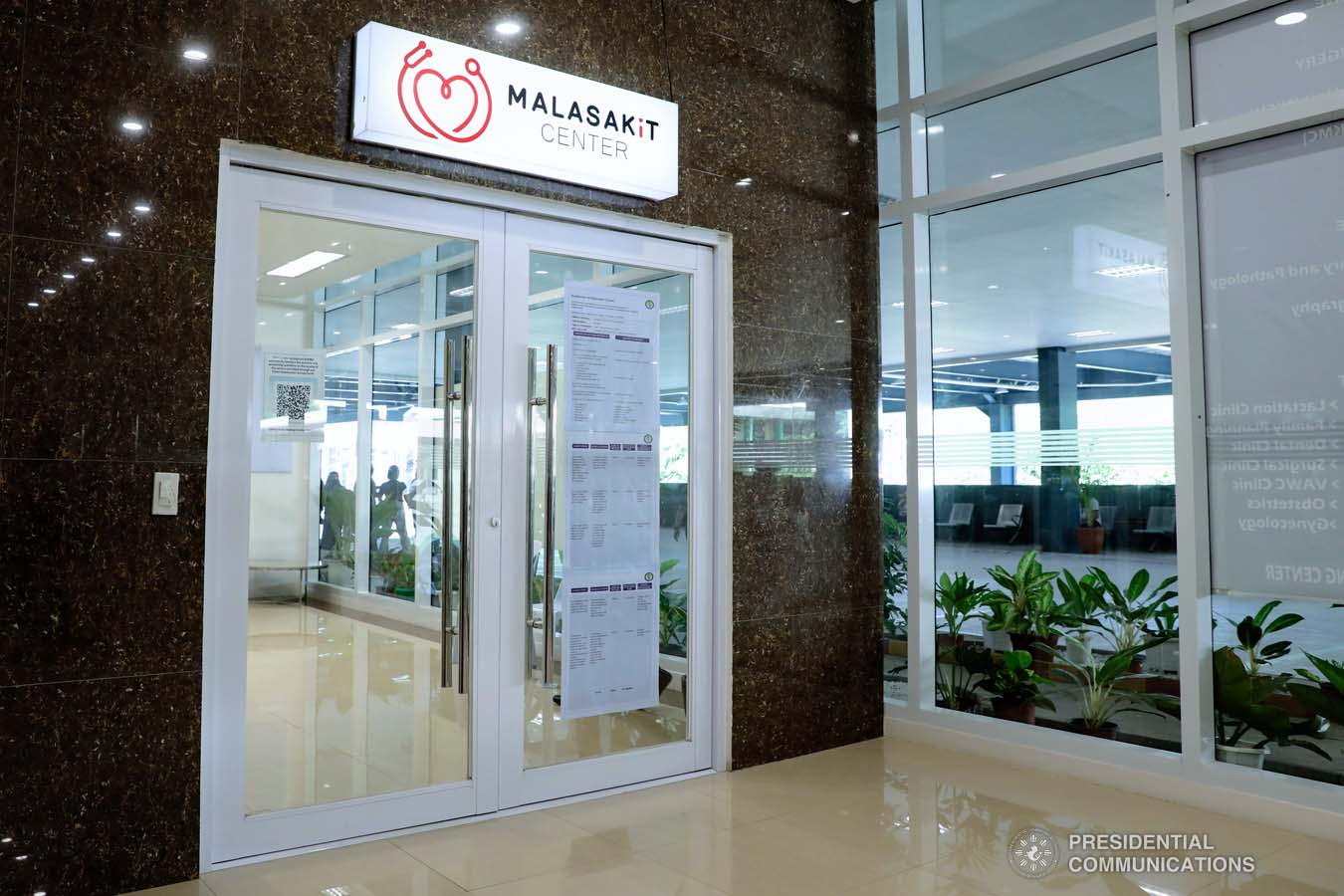Malasakit Centers: How they work, how to get help
When Bong Go landed at the top spot of the 2025 senatorial race, many attributed his feat to Malasakit Centers.
Aimed at providing medical and financial help to those in need, the program merges the healthcare services of the Department of Health, Department of Social Welfare and Development, PhilHealth, and the Philippine Charity Sweepstakes Office into one-stop hubs.
Go is the main proponent of the Malasakit Centers program, which was institutionalized through Republic Act No. 11463, or the Malasakit Centers Act of 2019. In his proclamation speech on May 17, he said he’s looking to continue to push for pro-poor initiatives, including those that focus on health, in his second term as senator.

What are Malasakit Centers?
DSWD Assistant Secretary Irene Dumlao told PhilSTAR L!fe that Malasakit Centers make it easier for low-income patients to receive medical and financial help, as they no longer need to leave the hospital to request assistance from government offices due to the program's one-stop-shop approach.
"The Malasakit Center has enabled a more compassionate approach in terms of service delivery because we were able to bring it closer to the people," she said.
Since the establishment of Malasakit Centers in 2019, almost 12 million people have received assistance as of September 2024, according to the DOH.
One of them is freelance hair and makeup artist Grekko Dequina, who was able to avail of the program in November 2023 when his late sister was confined at the Lung Center of the Philippines due to a rare type of cancer in the lungs.
His sibling had to undergo nine chemotherapy sessions, with each one costing almost P100,000. They asked for help from a Malasakit Center, which also provided them with a list of senators and groups who could give them additional assistance.
"Our highest hospital bill was P1.2 million, and we settled it without using any money from our own pockets," he recalled in a chat with L!fe.
Dequina said they received P750,000 from lawmakers and PCSO, while the remaining amount was covered by the Malasakit Center.

Joerisa Pantaleon, a public school teacher, also availed of the program when she was hospitalized in 2023 due to pregnancy complications. She was referred to Rizal Medical Center in Pasig.
"At the time that I was admitted, my bill was around P18,000, and I did not pay anything because I received help from Malasakit. When I gave birth, [the bill] reached P23,000 for me and P8,000 for my son. Again, I did not pay anything," she said.
In an interview with L!fe, Department of Health Undersecretary Emmie Liza Perez-Chiong said that MCs don't have their own funds. "It’s the program [of the four agencies] within the Malasakit Center ang may pondo, at 'yun po ang binibigyan ng pondo through our sin tax collections. Umiikot lang din 'yung pera ng gobyerno; dapat lang nagagamit para sa tao," she explained. "May aawas through DSWD, may aawas through PhilHealth, may aawas through PCSO, at may aawas through DOH. So package kaming apat."
"Lahat ng agencies ay crucial. Hindi pwedeng isa lang ang importante," she noted. "PCSO, DSWD, DOH, and PhilHealth are equally important to each other. At the end of the day, ang aming goal is to help the patient, no matter what it is."
How to get help
To avail of the program, one must first go to a government hospital with a Malasakit Center and submit a request for assistance. They can find the nearest MC in this directory.
One would need to fill out some forms and consult with the representatives of participating agencies, who will then assess one's needs and determine what kind of help one qualifies for.
There's the DOH's Medical Assistance to Indigent and Financially Incapacitated Patients program, which was established in 2014 "to lessen the burden of out-of-pocket expenses of indigent and financially incapacitated patients."
The health agency refers to indigent patients as those who have "no visible means of income or whose income is insufficient for the subsistence of his/her family" while financially incapacitated patients are those who are "not classified as indigents but who demonstrate a clear inability to pay or spend for necessary expenditures for their respective medical treatment." Both are assessed by the medical social worker of the health facility.
Through MAIFIP, one can avail of medical services and other products as prescribed by a licensed physician or health professional, such as but not limited to the following:
- drugs and medicines;
- laboratory, imaging, radiological, and other diagnostic procedures;
- blood and other related blood screening/products;
- clinically indicated medical, surgical, high-risk obstetrics-gynecological cases, dental cases requiring implants, medical devices and supplies, and other relevant procedures;
- prescribed post-hospitalization, rehabilitation services, aftercare program, appropriate mental and psychosocial support;
- all hospital charges/bills; and
- professional fees provided that the expenses for them shall not exceed 50% of the approved amount of medical assistance.
For the requirements, one would need a medical certificate, a certificate of indigency, a drug or medicine prescription or treatment protocol (as applicable), a laboratory or diagnostic request, and a hospital bill.

Under DSWD's Assistance to Individuals in Crisis Situations, meanwhile, the aid is not limited to medical and hospital bills. Aside from medical help, one can avail of other forms of assistance like transportation, food, burial, general assistive devices not provided by other participating agencies, and financial assistance, depending on the assessment of a medical social worker.
If the approved amount is below P10,000, one can get it in cash within the day. Otherwise, one would receive a guarantee letter from the DSWD stating that it will cover the remaining balance, so one can continue getting treatment without paying upfront.
Dumlao told L!fe that there is no list of specific diseases or disorders for AICS. "[You can avail of this] as long as naconfine ka and need ng medical assistance because you are in crisis or based sa assessment ng social worker, wala ka talagang resources or kulang 'yung resources ng family to support 'yung mga gastusin for the confinement of your family member who was hospitalized or confined in the hospital."
To avail of AICS, one would need to present a photocopy of a valid government-issued ID or other legitimate proof of identity; official price quotation of general assistive devices; funeral contract (except for Muslim and Indigenous peoples performing customary practices), death certificate or certification from the tribal chieftain (for IPs), Imam (for Moro) or doctor or authorized medical practitioner, in the absence of a death certificate; transfer permit (except for Moro and IPs performing customary practices), if applicable; and original unified intake sheet and certificate of eligibility.
There's also PhilHealth, which provides assistance and support based on the published benefit packages for in-patient and outpatient procedures.
The agency likewise offers other services in MCs, including enrollment and updating of membership records, validation of membership status, issuance of PhilHealth Identification Card and Member Data Record, and the provision of its essential information on benefits.
PCSO's Medical Access Program helps patients with confinement, chemotherapy and dialysis assistance, erythropoietin injection, hemodialysis (sessions in excess of the allowable sessions granted by PhilHealth), and hemophilia and post-transplant medicine assistance.
For confinement, one would need to present a statement of account. For chemotherapy, one must submit a copy of treatment protocol, prescription, and official quotation. A certificate showing the number of availed sessions from PhilHealth and official price quotation are required for patients who are being treated with hemodialysis, while a medical certificate, prescription, and official price quotation are needed for those who are taking erythropoietin injection, hemophilia, and post-transplant medicine.
After submitting the requirements, the MC will endorse one's documents to the participating agencies, which will process one's request and grant it, depending on the evaluation of the medical social worker.
For Dequina and Pantaleon, initiatives like MCs are among the rights of every Filipino.
"The funds used here come from every Filipino taxpayer; we definitely deserve this kind of support," said Dequina. "I believe the government should allocate more money for healthcare. We should continue to push for a system that makes processes like these easier and less burdensome."
"I did not feel any kind of 'utang na loob' when I availed of it because I pay my taxes," Pantaleon shared. "Don’t hesitate to ask for help and assistance from the government—it's what every Filipino deserves."


